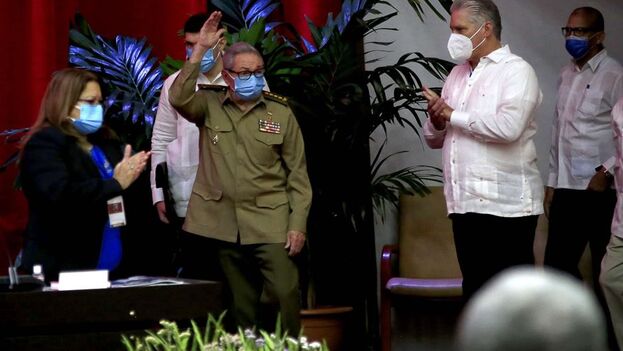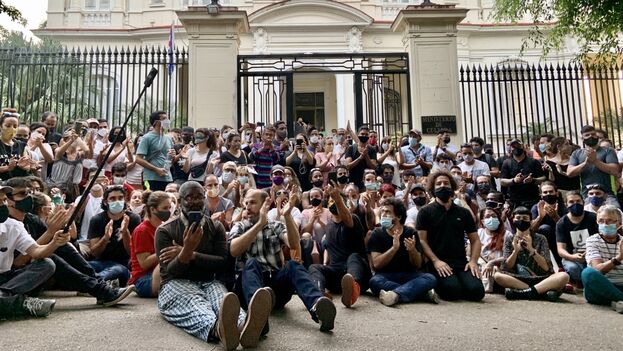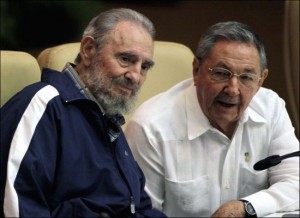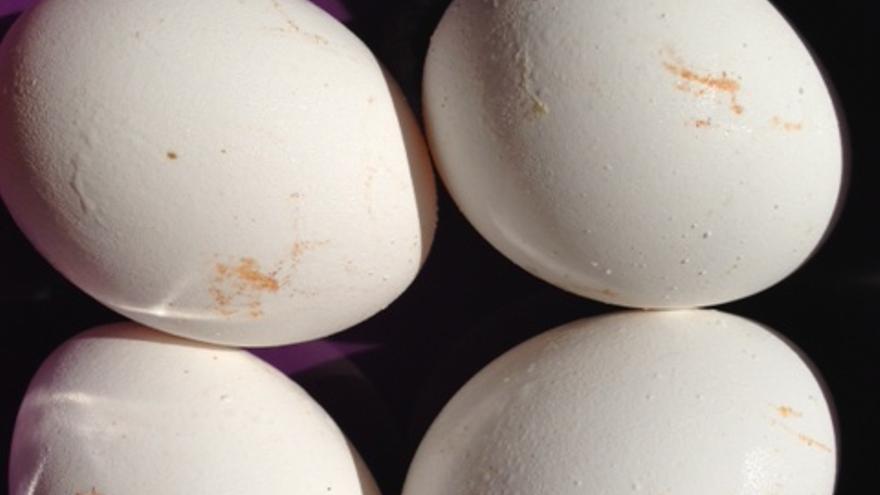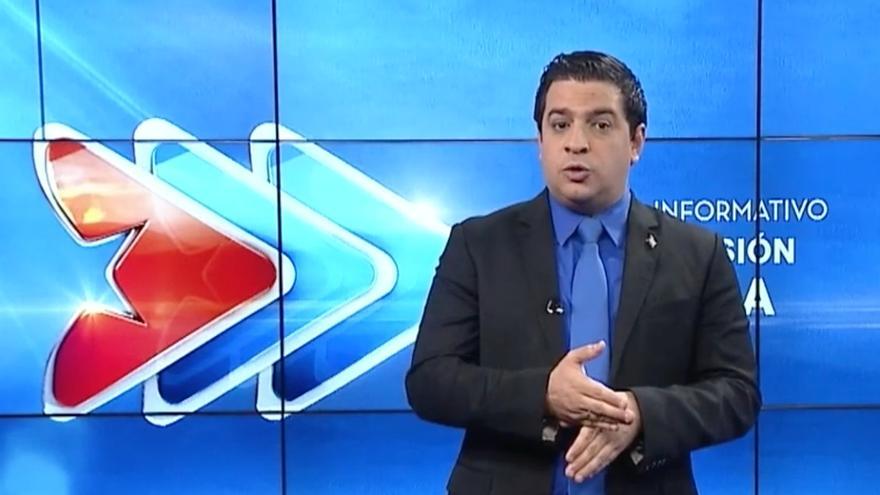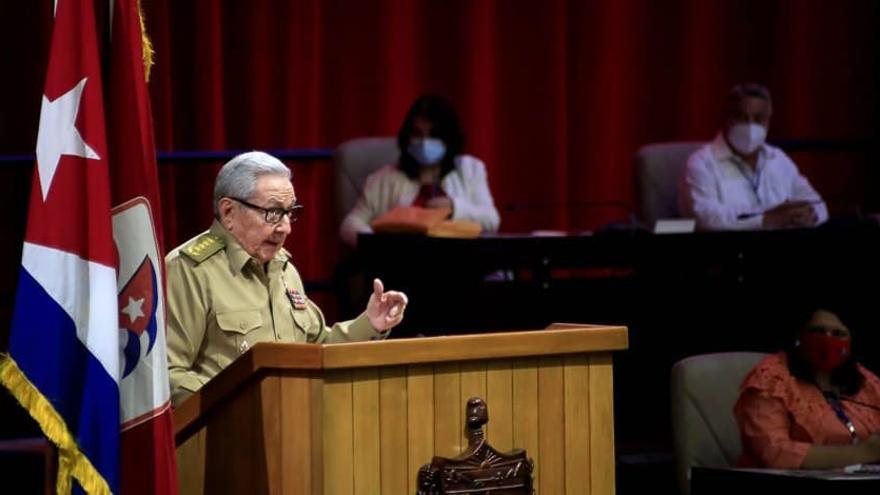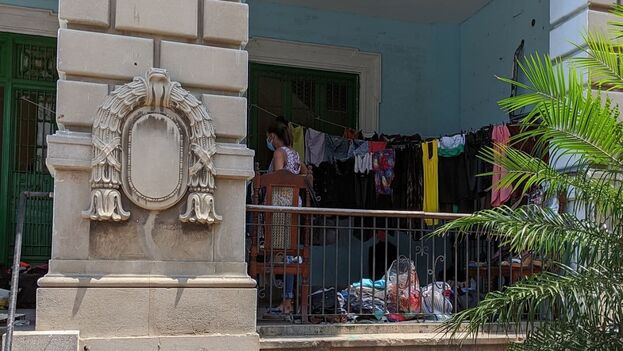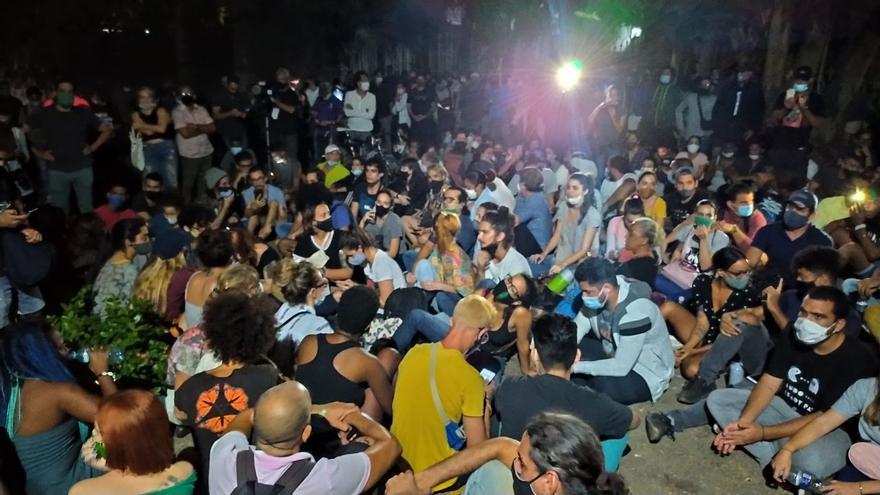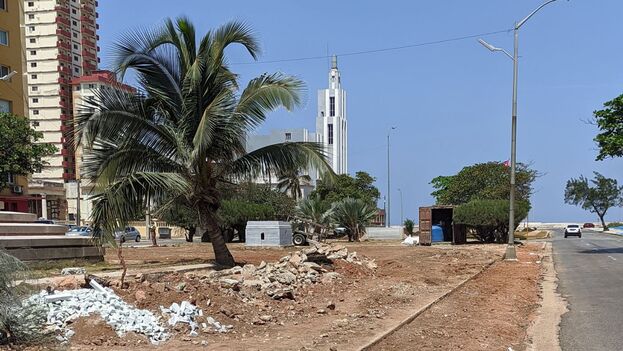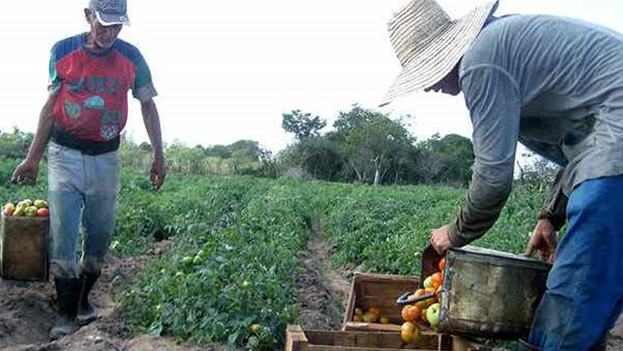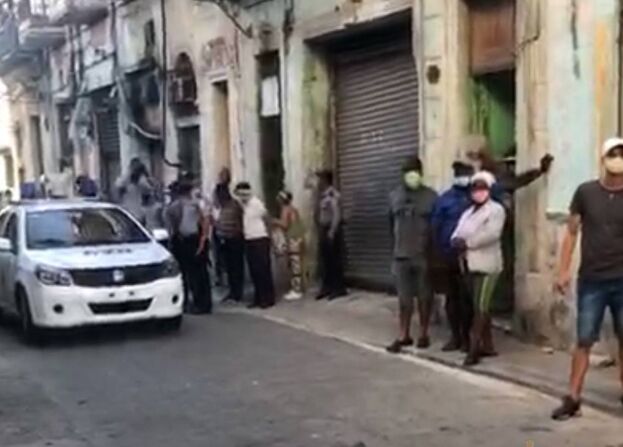We are an open, diverse community, driven mainly by young artists and intellectuals, brought together by chance and united by the desire to build a more dignified and just country for all Cubans. Constituted horizontally, we try to replace the verticality of traditional leaderships through debate and the generation of consensus that respond to the diversity of its membership and not to the unanimity of criteria, which encourages more democratic, plural and inclusive practices.
We are not a political organization or movement, but a civic one, with artistic creation and intellectual work as our main tools. Through decisions taken collectively and under constant interaction, we organize ourselves into work groups, voluntarily integrated by activists according to their time availability, their talents and abilities, without implying hierarchy or privilege within that community that grows each day and of which any Cuban citizen can be part of, regardless of their ideology, occupation, place of residence, etc., provided that they are accompanied by honesty, civility and respect for freedom of expression. continue reading
We do not act in secret because we do nothing illegal, we make our ideas visible on our digital platforms. We do not accept discriminatory pronouncements that promote political hatred or violate the freedoms and rights defended by our community. Our actions are civic, peaceful, supportive, with exchange of ideas, committed to the sufferings of current Cuban society and its aspirations for a future of democracy and well-being. There are no profit motives or influence of foreign interests or political organizations, the only thing that governs is the will of the Cuban citizenship.
We base our existence on the political and legal principle, contained in the International Bill of Human Rights, as well as in the Constitution of the Republic of Cuba approved on April 19th, 2019
We base our existence on the political and legal principle, contained in the International Bill of Human Rights, as well as in the Constitution of the Republic of Cuba approved on April 19th, 2019, that the citizens of a State must have guarantees to enjoy with full equality of all rights and freedoms, without distinction of race, color, gender, sexual identity, political position, level of economic access, social origin, place of birth, religion, disability status or any other condition. In this way, we assert our right to express ourselves, associate and demonstrate freely, condemning before Cuba and the world any act that violates these human rights. We demand that the Cuban government take responsibility in its administration to listen to the citizens and to promote peace and respect for our rights.
The country we dream of:
We want an inclusive, democratic, sovereign, prosperous, equitable and transnational country.
We want a nation where expressing oneself freely is not an act of courage, but a natural consequence of autonomous thinking, where there is no political hatred, police violence, repression, censorship, media manipulation, violation of privacy or acts of repudiation. In short, the abusive practices of power exercised by a centralized, military and partisan political leadership, which discriminates and annuls those who disagree, violating their human rights. We claim the legitimacy of open and free discrepancy and critical thinking as a vital exercise to avoid immobility, corruption and wrongdoing by officials or any other entity in society that threatens their development. As a country, we need to heal the damage that has been caused by indoctrination, replace the learned lies and bad habits with the will and commitment to rescue honesty and love of truth as a principle.
Cuba requires a change and, for this, it needs to build a more participatory citizenry with a greater degree of awareness which the political and economic future of this country depends on ourselves. In order to rebuild our nation, honesty must serve as a fundamental principle. It is urgent to decentralize and recover the political power that has usurped from us, and that our future Cuba be designed according to the needs and desires of all Cuban citizens, with equal rights to participate in its design, regardless of their ideology, political affiliation or place of residence.
Consequently, we advocate for laws that guarantee our right to develop as a heterogeneous society, where laws created for the benefit of the majority do not restrict or disregard the rights of minorities.
We need to reaffirm ourselves as different people among each other, as ecumenical citizens, tolerant, respectful of the opinions of others. Consequently, we advocate for laws that guarantee our right to develop as a heterogeneous society, where laws created for the benefit of the majority do not restrict or disregard the rights of minorities. We are not enemies, but Cubans who dream of a better Cuba to bequeath to our children, which will be with all and for the good of all.
We aspire to work for a society with social justice and well-being, where each Cuban can live in his country from the fruits of his work, where the productive forces are freed and bureaucratic parasitism is replaced by a capable and proactive civil service. That we may leave behind the misery and shortages imposed by the incompetence of the prevailing system, and that the rights to a decent life be guaranteed, with assurances – among other things – to health and public education.
In order to advance in the construction of the country we dream of, our community is setting the following objectives:
- To promote citizen participation for the re-acknowledgement of rights
We seek to vindicate rights and freedoms, violated by the political power in Cuba and constitutionally endorsed. For this, citizen participation and the exercise of personal freedom are essential in the face of censorship, repression and any attempt to subject the Cuban people to the will of an authoritarian and exclusive government.
- Create, strengthen and promote conditions for the creation of consensus
We intend to work with various groups of the Cuban civil society, associations and actors in general in order to find common concerns, interests and strategies, to establish spaces for debate, alliances, projects and goals together, to collaborate with each other, and move forward together – from each one’s diversity – in the construction of a better country.
- Promote the legalization of independent positioning
By asserting the right to free association, we claim and exercise the right to create public and private spaces, both physical and virtual, that allow greater collective and personal autonomy.
Our main demands are:
- Political rights:
We demand respect for the legitimate right to freedom of expression, of creation, of protest or peaceful demonstration, of political representation and participation, of association and mobility, of open and public debate in the search for citizen consensus. Political freedom is essential to be able to exercise any human rights, given their interdependent nature. There can be no prosperity or freedom of creation in any sphere of society without political freedom.
We demand that all people who have been tried for expressing ideas contrary to the political system be released. We advocate that the norms of criminal due process in Cuba be complied with, and that the Criminal Procedure Law be updated in terms of providing the accused greater guarantees than those that exist today.
We demand the cessation, by the institutions of the State, of repression of citizens who think differently. We demand a stop to media discredit campaigns against independent creators, political, cultural and civic activists and against civically active subjects in any area of society who claim unrecognized rights, including the right to protest.
- Economic freedoms
We affirm the right of every citizen to different forms of economic participation, ownership and management. We recognize the role of private initiative and the exercise of economic freedoms that enable the promotion of productive capacities and are generators of essential goods and services for the nation’s development.
We defend the right of every citizen to enjoy decent work and the fruits that it generates. We consider any form of work legitimate as long as it does not harm human dignity or other citizens’ rights and their ability to prosper. We are convinced that, without the consolidation of a decent material base, well-being and social equity cannot be achieved.
- Legalization of independent media
We urge the Cuban State to legalize the so-called independent press media, so that they can achieve legal status and register as such. By abiding to Cuban laws, these media could count on legal norms that would protect them, harassment of their journalists would cease, and they could transparently render accounts to society, complying with their ethical, technical and tax responsibilities. In a climate of tolerance and legality, a relationship between the State, the press, and society would be generated where the imperative for all the media would be truth in the news and rigor in their focus.
- Right of association
We claim the right to generate communities to actively participate, without further delay or pretext, in the construction of a better reality, where our considerations and expectations are taken into account. We understand that the right of association is essential to achieve true citizen participation in the economic, social and political processes of the country.
We demand that the freedom of association that Cuba has endorsed in Convention No. 87 of the International Labor Organization and in the Labor Code of our country be respected, for the protection of the labor rights of all citizens, linked or not, with the State, through employment contracts, without distinction of race, gender, creed, or political position.
With the conviction that winning these rights begins with the will to defend them with bravery, we encourage all Cubans, whether they are in Cuba or elsewhere, to maintain union and peace, understanding and communication, to search for the truth by expressing what one thinks and feels, defending in solidarity those who are repressed and defamed for expressing themselves freely. 27N was born out of an act of solidarity, and it continues to live by its sense of responsibility, creating and adding, for the right to have rights and so that love and poetry may unite our people.
Translated by Norma Whiting
____________
COLLABORATE WITH OUR WORK: The 14ymedio team is committed to practicing serious journalism that reflects Cuba’s reality in all its depth. Thank you for joining us on this long journey. We invite you to continue supporting us by becoming a member of 14ymedio now. Together we can continue transforming journalism in Cuba.
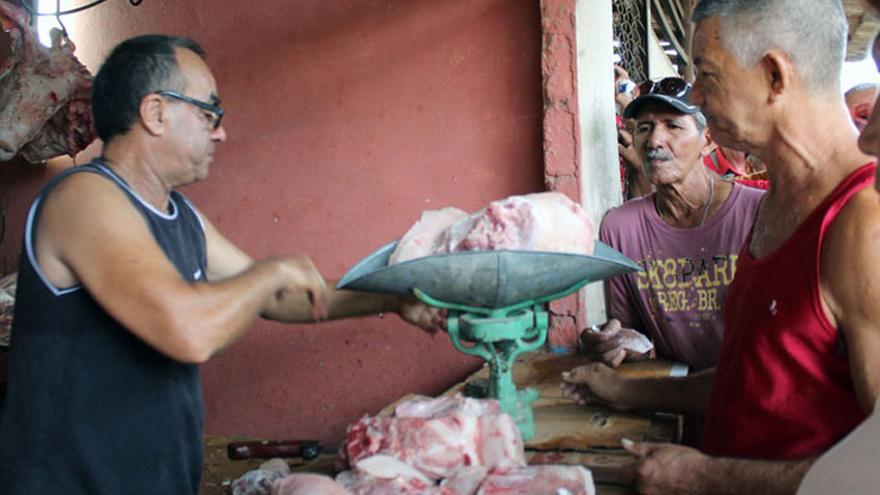
![]() 14ymedio, Havana, April 14, 2021 – Cuban authorities will allow retail sales of beef once the state’s orders have been filled and the livestock supply is stable, a measure similar to one governing milk and its byproducts, whose retail sale is conditional on certain indicators being met.
14ymedio, Havana, April 14, 2021 – Cuban authorities will allow retail sales of beef once the state’s orders have been filled and the livestock supply is stable, a measure similar to one governing milk and its byproducts, whose retail sale is conditional on certain indicators being met.

